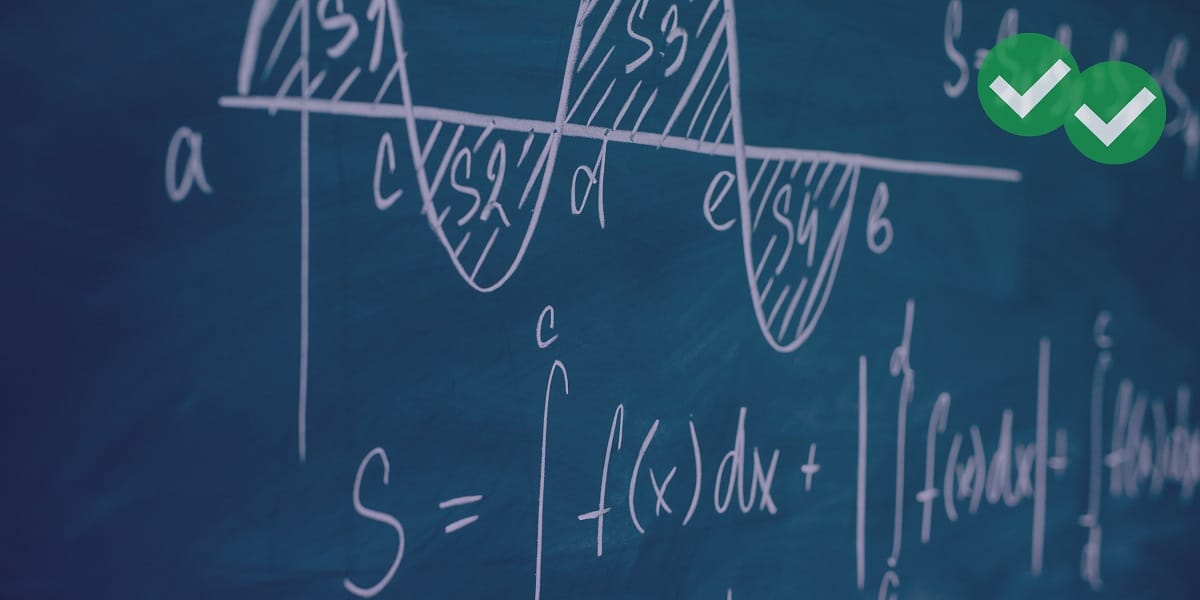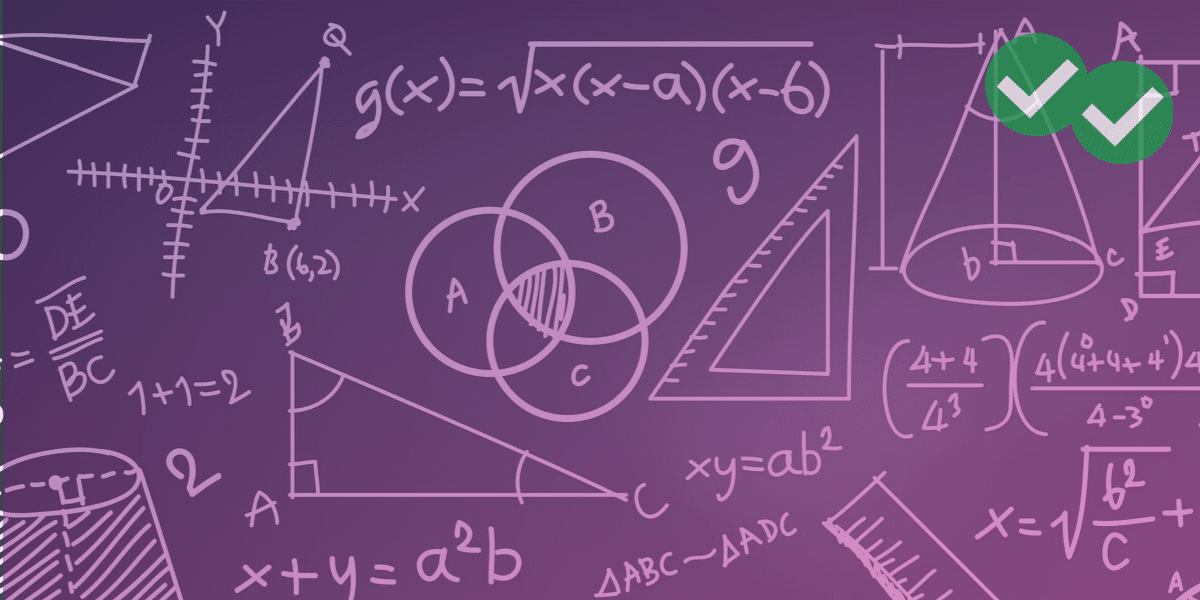
The Quantitative Reasoning section of the GRE can be quite challenging for many test-takers. You may be wondering if you’ll need to know advanced math concepts like Calculus for this test. Well, here’s the scoop: while the GRE doesn’t directly test calculus, it does include some advanced math topics. In this article, we’ll dive in together and explore effective strategies to help you conquer these challenges and excel in the GRE. Let’s get started!
What kind of math is on the GRE?
The math section of the GRE primarily focuses on fundamental concepts in algebra, arithmetic, geometry, and data analysis. Let’s explore the most familiar fields of math and what type of questions you can expect in each:
- Arithmetic: Expect questions covering a wide range of mathematical topics, including properties and types of integers like divisibility, factorization, prime numbers, remainders, and odd and even integers. You may also encounter questions on arithmetic operations, exponents, roots, and concepts such as estimation, percent, ratio, rate, absolute value, the number line, decimal representation, and sequences of numbers.
- Algebra: Algebraic concepts are a significant part of the GRE. You’ll encounter questions related to solving equations, working with inequalities, and simplifying expressions.
- Geometry: Geometry is a crucial component of the GRE’s Quantitative Reasoning section. Get ready for questions on lines, angles, triangles, circles, quadrilaterals, other polygons, congruent and similar figures, 3-dimensional figures, area, perimeter, volume, the Pythagorean theorem, and angle measurement in degrees.
- Data Analysis: Data interpretation questions involve a variety of topics, from basic descriptive statistics, such as mean, median, mode, range, standard deviation, interquartile range, quartiles and percentiles to counting methods, such as combinations, permutations and Venn diagrams.
- Trigonometry: Trigonometry is not tested on the GRE.
- Calculus: As mentioned earlier, direct calculus questions are not part of the GRE. However, be ready to handle certain advanced math concepts that may require critical thinking and problem-solving skills.
Navigating advanced math concepts
While calculus itself may not be tested, the GRE may incorporate some advanced math concepts within certain questions. Here’s how you can ready yourself for these situations.
- Get to know the GRE inside out: Spend some time getting familiar with what the GRE actually tests. The official GRE website has a detailed list of all the math topics you’ll need to master. Use this as your roadmap for prepping for the Quantitative Reasoning section.
- Ace the basics: Make sure your foundation in algebra, geometry, and arithmetic is rock solid before you venture into more complex territory. This will give you a strong base to tackle trickier problems.
- Use study guides and review books: There are plenty of GRE study guides and review books that cover advanced math topics without dipping into calculus. They can help you get used to challenging questions and learn different ways to solve them.
- Master Problem-Solving Techniques: The GRE is more about how well you can solve problems than how much math you know. Learn to spot the core concept each question is testing and apply effective strategies to solve it quickly.
- Review, Review, Review: Keep going over your notes and practice questions to make sure you’ve really got a handle on those advanced math concepts.
While you won’t find direct calculus questions on the GRE, it does include some advanced math concepts. To prepare for the GRE’s Quantitative Reasoning section, you’ll need a good grasp of fundamental math skills and effective problem-solving techniques. Learning these concepts and strategies can put you in a great position to ace the GRE.






Leave a Reply